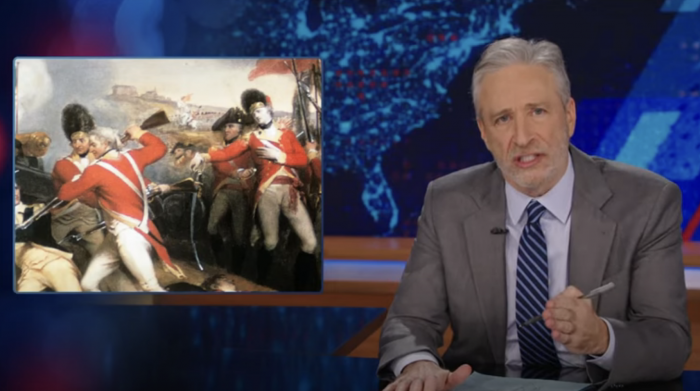

The Time of the Hero by Mario Vargas Llosa
By Dorothy Snarker | Books | January 7, 2011 |
By Dorothy Snarker | Books | January 7, 2011 |
Yikes, my first CBR review ever! Forgive me. I had to read this book for my January book club meeting. It was suggested by our newest member, who is a college history professor, so even though it wasn’t a book I would have ever picked up myself, I’m glad I got the chance to read it. The subject matter is all quite foreign to me, which is always a fun challenge, but it made getting into the novel a slower process. It is a novel that takes place at the real Leoncio Prado Military Academy in Peru, and it centers around a group of teenaged boys who are all in the same section and year at the school. And it’s a terrifying world to observe. I’d say the book is half Lord of the Flies and half my worst nightmare. Although they live in a military academy, their behavior is largely unchecked, and there is hazing, boozing, and bestiality galore.
There are the two moral centers of the novel, Ricardo “The Slave” Arana, and Alberto “The Poet” Fernandez. The Slave is meek, bullied mercilessly by everyone at the academy. He is eventually befriended by The Poet, who uses his wit to stand up to bullies and gains their favor by writing erotic stories for them. It’s a bleak life in the academy. Then there is The Circle, a group of four boys, led by “The Jaguar,” an angry, revenge-obsessed young man who runs things and leads the others using fear. The plot is kicked off with The Circle stealing a Chemistry exam, and then it ripples into something that affects our main characters in huge ways. The book flips back and forth from the plot in the present day academy to the backstories of three of the main characters’ paths to the school.
Ultimately, the book deals with truth vs. perception, the true nature of a person, and how in our imperfect world, justice doesn’t always come to pass. Vargas Llosa’s writing style in the novel flips around from standard prose and dialogue to confusing, claustrophobic, formless pieces of speech and thought, putting the reader in the middle of a complex and chaotic world of angry teenaged boys. It was a fascinating look into very foreign subject matter to this particular obedient English major.
You can find more of Dorothy Snarker’s musings on her blog
← The Resident Trailer | They Call Me... They Call Me... Stalker! | Watch "Parks and Recreation" Or I Will Step On Your Neck →
More Like This
Leaked Emails Point to Self-Censorship in the Chengdu Hugo Awards Controversy
If You’re Using AI To Help Write Your Books, You Are Not a Writer
Why Nobody Cared About the Fake Author Mystery of ‘Argylle’
Final Standings and the Most Read Books for Last Year's Cannonball Read 15
Rivers Solomon, Miriam Toews, Octavia Butler: The Pajiba January 2024 Book Recommendations Superpost

Jon Stewart Forcefully Makes the Case Against the Former President's Patriotism
Is The Royal Family Trying to Make It Look Like Kate Middleton’s Dead?
What’s Old Is New Again: Old Hollywood Glamour Glitters at the 2024 Oscars
Al Pacino Presents Best Picture Oscar, Confuses Everyone
The Dangerous Lie Of 'TradWives'
A Legendary Horror Franchise Is Headed To Television
More Like This
Leaked Emails Point to Self-Censorship in the Chengdu Hugo Awards Controversy
If You’re Using AI To Help Write Your Books, You Are Not a Writer
Why Nobody Cared About the Fake Author Mystery of ‘Argylle’
Final Standings and the Most Read Books for Last Year's Cannonball Read 15
Rivers Solomon, Miriam Toews, Octavia Butler: The Pajiba January 2024 Book Recommendations Superpost
Reviews